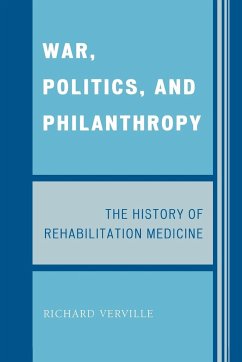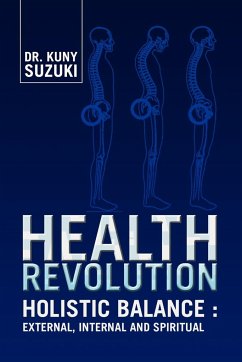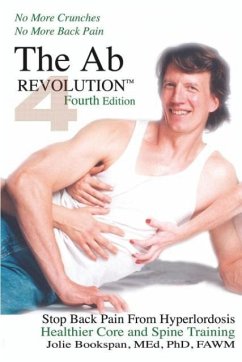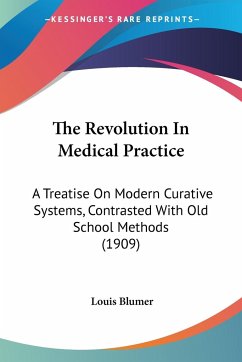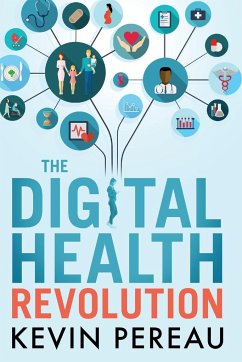
Health, Politics, and Revolution in Cuba Since 1898
Versandkostenfrei!
Versandfertig in 1-2 Wochen
58,99 €
inkl. MwSt.
Weitere Ausgaben:

PAYBACK Punkte
29 °P sammeln!
Challenging many of the assumptions scholars have made about the Cuban Revolution's impact on healthcare, this volume recounts one anthropologist's quest to discover the truth behind the complicated relationship between Cuba's revolution, politics, and healthcare system. Katherine Hirschfeld became interested in Cuba in the mid-1990s, after reading numerous laudatory books and articles describing the Castro regime's achievements in health and medicine. Cuba's population health indicators seemed to be far superior to those of neighboring countries, the national health costs low, and medical car...
Challenging many of the assumptions scholars have made about the Cuban Revolution's impact on healthcare, this volume recounts one anthropologist's quest to discover the truth behind the complicated relationship between Cuba's revolution, politics, and healthcare system. Katherine Hirschfeld became interested in Cuba in the mid-1990s, after reading numerous laudatory books and articles describing the Castro regime's achievements in health and medicine. Cuba's population health indicators seemed to be far superior to those of neighboring countries, the national health costs low, and medical care free at point-of-service to the entire people. Historical records indicated that most of these positive health trends resulted from the changes instituted by Castro in 1959. Few of these authors, however, had actually spent time on the island. Thus, Hirschfeld found that academic writing on Cuba was often long on praise, but short on empirical research about what exactly had changed in Cuban medicine since 1959. After much bureaucratic wrangling, Hirschfeld managed to secure permission to conduct long-term ethnographic research in Cuba, where she lived with families from Havana and Santiago, conducted clinic observations, interviewed doctors and patients, and was treated in a Cuban hospital during an epidemic of dengue fever. The reality of the Cuban healthcare system turned out to be different than the scholarly ideal: it was bureaucratized, authoritarian, and repressive, and most people preferred to seek healthcare in the informal economy rather than endure the material shortages, red tape, and political surveillance of the public sector. Written in the form of a first-person narrative, Health, Politics, and Revolution in Cuba Since 1898 not only critically reevaluates Cuban healthcare after the 1959 revolution; it includes chapters detailing Cuban health trends from the Spanish-American War (1898) through the fall of Fulgencio Batista in 1959 and into the present.









